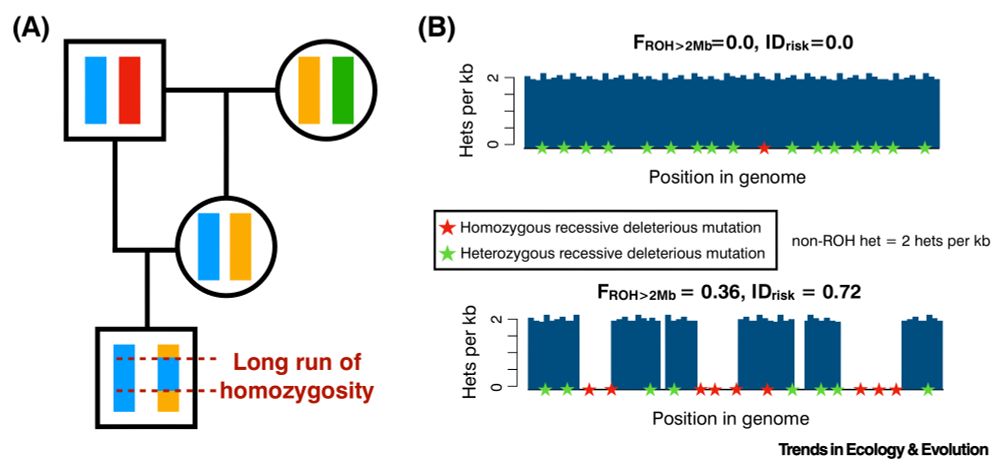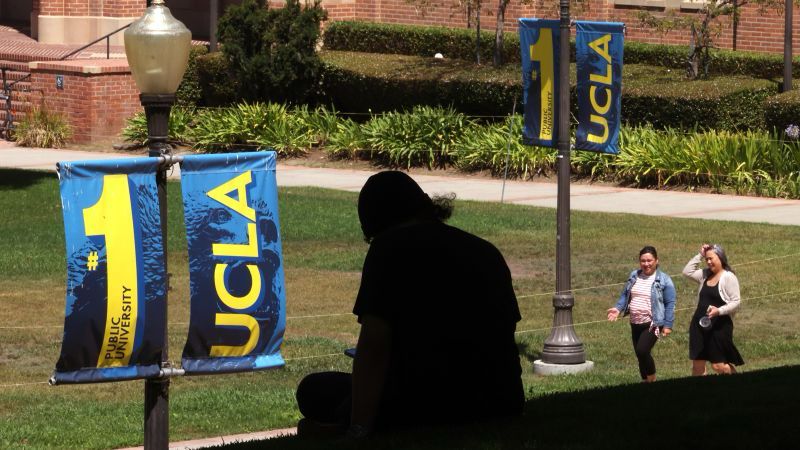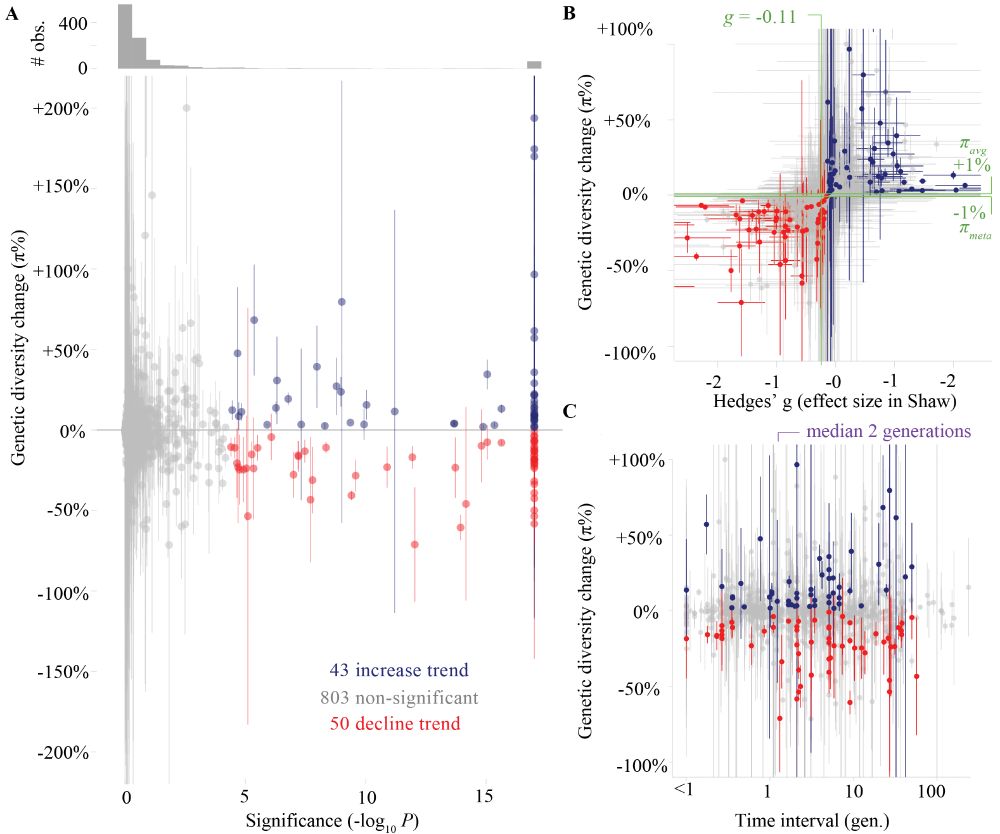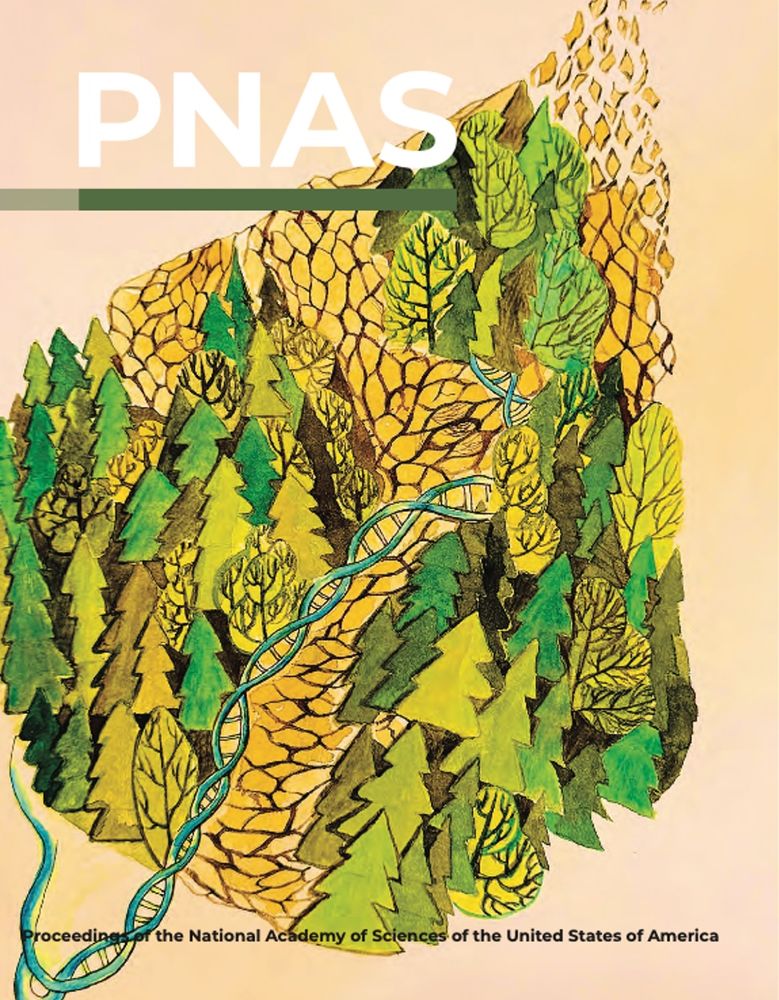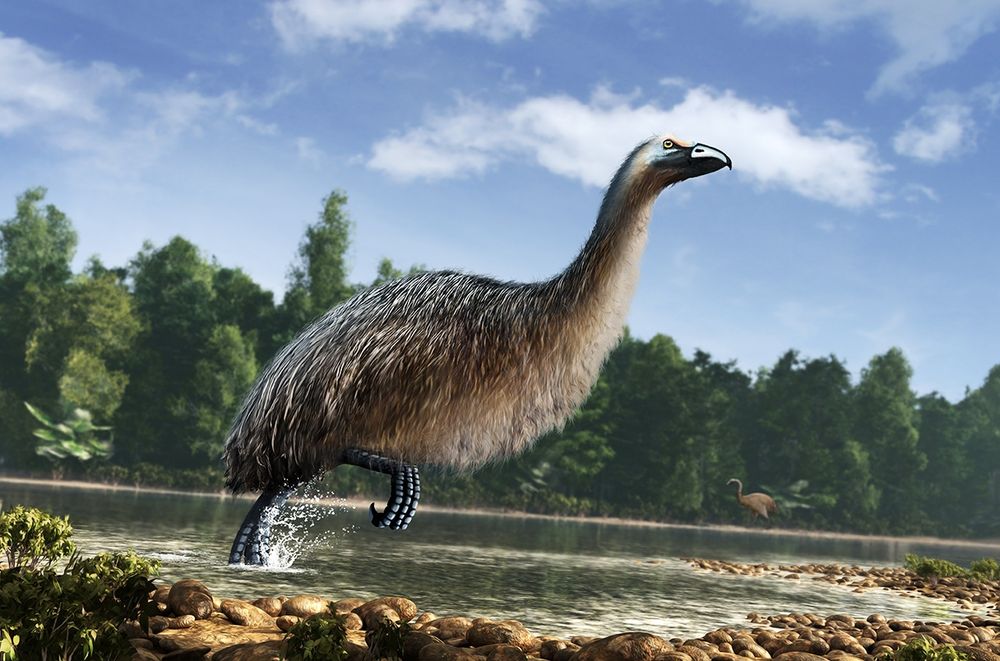Chris Kyriazis
@ckyriazis.bsky.social
440 followers
650 following
45 posts
Postdoc at the San Diego Zoo Wildlife Alliance interested in population genetics & conservation genomics https://chriskyriazis.weebly.com/
Posts
Media
Videos
Starter Packs
Pinned
Reposted by Chris Kyriazis
Reposted by Chris Kyriazis
Reposted by Chris Kyriazis
Aryn Wilder
@arynwilder.bsky.social
· Aug 21

Fitness benefits of genetic rescue despite chromosomal differences in an endangered pocket mouse
Two-thirds of Earth’s species have undergone population declines, leaving many vulnerable to genomic erosion and inbreeding depression. Genetic rescue can boost the fitness of small populations, but p...
www.science.org
Reposted by Chris Kyriazis
Chris Kyriazis
@ckyriazis.bsky.social
· Aug 8
Chris Kyriazis
@ckyriazis.bsky.social
· Aug 6
Reposted by Chris Kyriazis
Reposted by Chris Kyriazis
Chris Kyriazis
@ckyriazis.bsky.social
· Aug 4

Genetic load proxies do not predict fitness better than inbreeding does in a wild population
A key goal in conservation is managing endangered populations in order to maximise individual and population fitness. Genetic management that reduces inbreeding and increases genetic diversity has bee...
www.biorxiv.org
Chris Kyriazis
@ckyriazis.bsky.social
· Aug 4
Chris Kyriazis
@ckyriazis.bsky.social
· Aug 4
Chris Kyriazis
@ckyriazis.bsky.social
· Aug 4
Reposted by Chris Kyriazis
Chris Kyriazis
@ckyriazis.bsky.social
· Jul 25

Research looks into how endangered honeycreepers are trapped in an 'extinction vortex'
Chris Kyriazis of the San Diego Zoo Wildlife Alliance spoke with HPR's Maddie Bender about new work into the genetics of Hawaiian honeycreepers and what they reveal about their mating lives.
www.hawaiipublicradio.org
Chris Kyriazis
@ckyriazis.bsky.social
· Jul 25

Thousands of mosquitoes are being dropped by drone over islands in Hawaii. Here’s why | CNN
Native Hawaiian honeycreeper birds are being wiped out by avian malaria. Scientists think they can battle the problem by releasing more mosquitoes.
edition.cnn.com
Chris Kyriazis
@ckyriazis.bsky.social
· Jul 25

Conservation genomics: Island birds on the brink
The Hawaiian honeycreepers are a striking example of bird evolution and a symbol of
the biodiversity crisis. A genomic analysis of two critically endangered honeycreeper
species reveals a bleak conser...
www.cell.com
